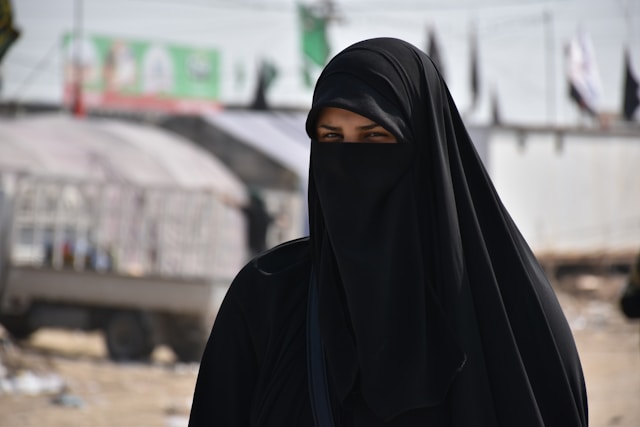This case analyzes the regulatory rights prism surrounding the Civil Union Law (CUL), shedding light on its impact on LGBTQI+ rights and the broader social context in Cyprus. The adoption of CUL in Cyprus on December 9, 2015, marked a crucial development in LGBTQI+ rights. Positioned as the 17th EU country to introduce registered partnerships for same-sex couples, the CUL garnered mixed reactions within Cypriot society.
While granting legal recognition to same-sex couples, the law explicitly denied crucial parenthood rights, sparking public debates and highlighting deep-seated divisions. The socio legal context leading up to the CUL reflected a conservative societal stance, with LGBTQI+ rights often overshadowed by issues of national identity. Legal changes, such as the decriminalization of male homosexuality in 1998, were influenced by political aspirations to join the EU.
However, LGBTQI+ rights remained largely neglected until 2004, when legal penalties for discrimination based on sexual orientation were introduced. Homophobic attitudes persisted, affecting various aspects of Cypriot life, including schools, where bullying based on sexual orientation was prevalent.
The law’s introduction marked an exclusionary context for LGBTQI+ rights but served as a catalyst for non-conflictual activism, employing peaceful means like lobbying and marches. The regulatory rights prism analysis highlights the dual nature of the Cypriot context—exclusionary in terms of LGBTQI+ rights but non-conflictual in the methods employed by activists. While the CUL was a landmark step, its limitations underscore the ongoing challenges faced by the LGBTQI+ community in Cyprus.
The analysis offers insights into the complex interplay of legal changes, societal attitudes, and the transformative potential of activism.








